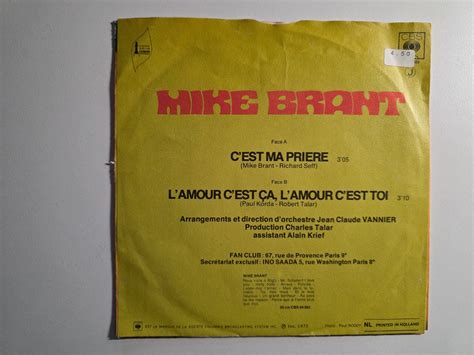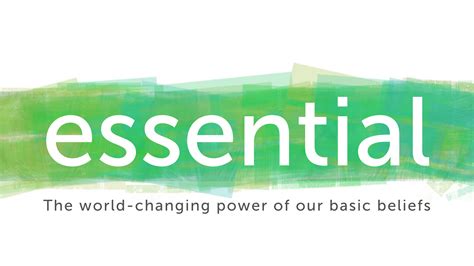Beyond general antioxidants, which specific dietary polyphenol is being studied for its unique impact on male prostate health by influencing androgen receptor activity?
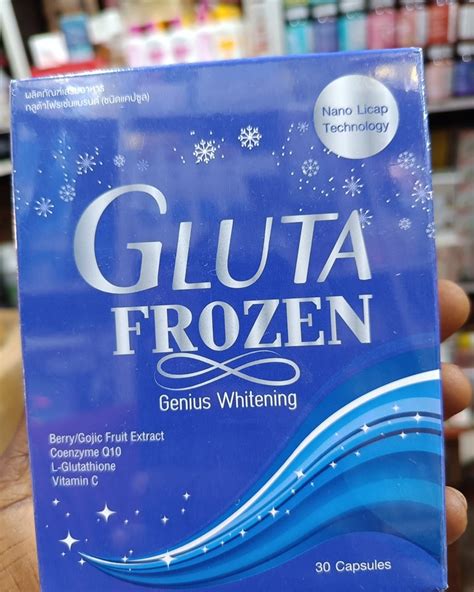
Unveiling EGCG’s Targeted Role in Prostate Health
While the benefits of general antioxidants for overall health are widely acknowledged, scientific research is increasingly focusing on specific dietary compounds that exert targeted effects on physiological processes. For male prostate health, a particular area of interest lies in compounds that can influence androgen receptor (AR) activity – a critical pathway involved in both the development and progression of prostate conditions, including benign prostatic hyperplasia (BPH) and prostate cancer.
Among the vast array of dietary polyphenols, one stands out for its unique and well-studied impact on androgen receptor modulation: Epigallocatechin Gallate (EGCG). This powerful catechin, predominantly found in green tea, is generating significant excitement in nutritional science due to its multifaceted actions on prostate cells.
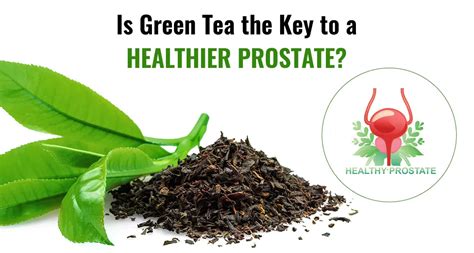
The Androgen Receptor Connection: How EGCG Works
Androgens, primarily testosterone and its more potent derivative dihydrotestosterone (DHT), play a crucial role in prostate growth and function. They exert their effects by binding to androgen receptors within prostate cells, initiating a cascade of gene expression that promotes cell proliferation. In conditions like prostate cancer, AR signaling often becomes dysregulated, contributing to uncontrolled cell growth.
EGCG’s unique impact stems from its ability to interfere with this critical androgen receptor pathway. Studies suggest that EGCG can act on multiple levels: it can directly inhibit the binding of androgens to the AR, reduce the expression of the AR protein itself, and even interfere with the nuclear translocation of activated AR. By attenuating AR signaling, EGCG essentially slows down the growth-promoting signals that drive prostate cell proliferation, offering a natural strategy to manage and potentially prevent prostate issues.
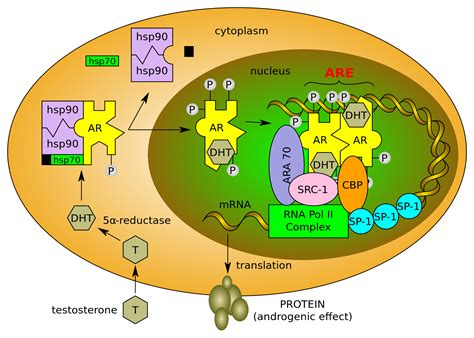
Beyond AR: Broader Prostate Protective Effects
While its influence on androgen receptor activity is a primary focus, EGCG’s benefits for prostate health extend much further. It possesses potent antioxidant properties, helping to neutralize harmful free radicals that contribute to cellular damage and inflammation in the prostate. EGCG also exhibits significant anti-inflammatory effects, which can be crucial in mitigating the chronic inflammation often associated with prostate issues.
Furthermore, research indicates EGCG’s capacity to induce apoptosis (programmed cell death) in cancerous prostate cells, inhibit angiogenesis (the formation of new blood vessels that feed tumors), and suppress the invasion and metastasis of prostate cancer cells. These multi-targeted actions make EGCG a compelling subject for both preventative strategies and adjunctive therapies in prostate health management.

Dietary Sources and Clinical Outlook
The most significant dietary source of EGCG is green tea (Camellia sinensis), particularly varieties like Matcha, which offer a concentrated dose. Other teas, to a lesser extent, also contain EGCG. While consuming green tea regularly is a simple way to incorporate EGCG into the diet, standardized EGCG supplements are also available and used in clinical studies.
Current research continues to explore the optimal dosages, bioavailability, and long-term efficacy of EGCG in human populations. Clinical trials are investigating its role in preventing prostate cancer progression, managing symptoms of BPH, and enhancing the effectiveness of conventional treatments. The promising findings from cellular and animal studies are paving the way for EGCG to become a more recognized component of dietary recommendations for maintaining male prostate health.
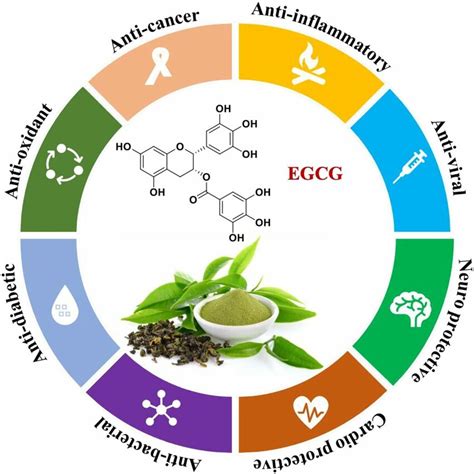
Conclusion: A Targeted Approach to Prostate Wellness
Moving beyond the broad spectrum of general antioxidants, Epigallocatechin Gallate (EGCG) from green tea emerges as a specific dietary polyphenol with a unique and powerful influence on male prostate health. Its demonstrated ability to modulate androgen receptor activity, coupled with its robust antioxidant, anti-inflammatory, and anti-cancer properties, positions EGCG as a significant compound in the ongoing quest for natural strategies to support prostate wellness. As research continues to unfold, EGCG offers a compelling example of how targeted nutritional interventions can play a pivotal role in maintaining men’s health.



